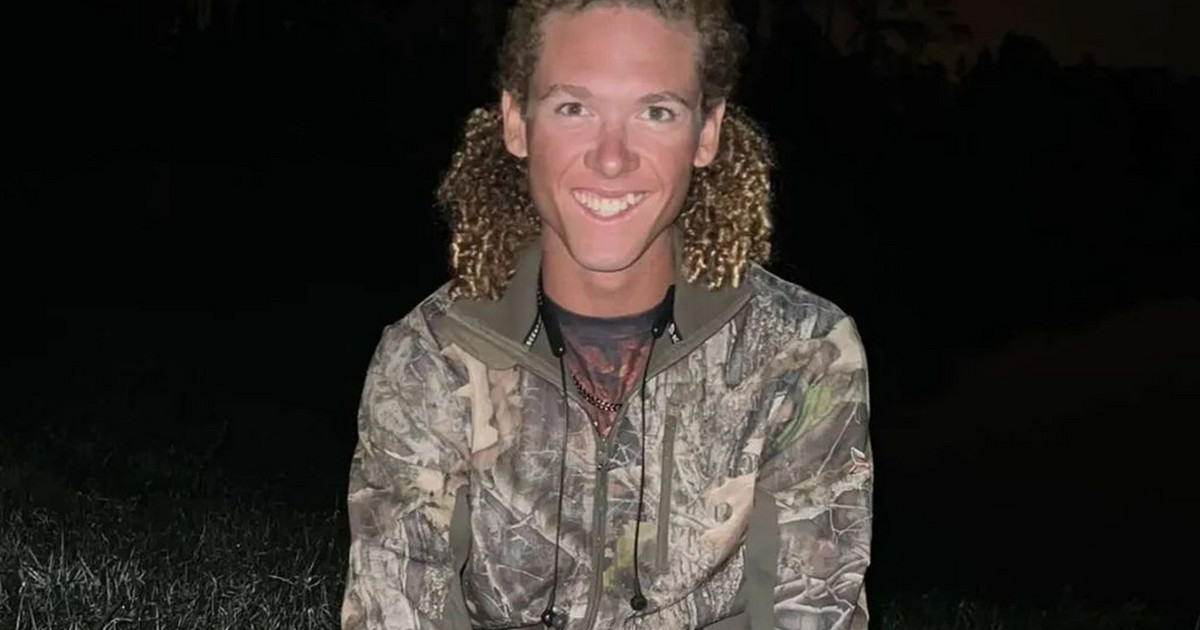Pakistani authorities intentionally raided the country’s largest freshwater lake on Sunday, displacing 100,000 people from their homes but preventing nearby more densely populated areas from flooding.
Water levels in Lake Manchar, located in the country’s southeastern Sindh province, reached dangerously high levels over the weekend, prompting authorities to deliberately breach the lake, according to Jamal Mangan, Pakistan’s special irrigation secretary.
The water released from the lake flowed to nearby districts of Jaffarabad and Bubak, aiming to spare more populous cities and towns in Sindh, including Sehwan, Dadu and Bhan Syedabad, from the worst of the flooding, according to Mangan.
Record monsoon rains that hit Pakistan and melting glaciers in the country’s northern mountains affected 33 million people (15% of its population), according to government officials and aid organizations.
A third of Pakistan was submerged after the heaviest rains on record, according to satellite images from the European Space Agency (ESA).
Some areas, particularly the southern provinces of Sindh and Balochistan, saw five times their normal levels of monsoon rain.
The death toll since mid-June rose to 1,305 on Sunday, with nearly a third of the victims children, according to the country’s National Disaster Management Authority (NDMA).
Three million children are now in urgent need of humanitarian assistance across Pakistan due to the increased risk of water-borne diseases, drowning and malnutrition, UNICEF warned in a statement last Wednesday.
Several international aid agencies began arriving in a flood-ravaged Pakistan on Monday, delivering food, clean water and much-needed medicine to victims of what the United Nations called a “steroid monsoon”.
“This isn’t going to end in two months.” The Doctor. Deedar Hussain of Pakistan’s health department said he feared an outbreak of waterborne diseases if floodwaters did not recede quickly enough.
“Many patients came to us. According to our registry, we received 16,000 patients (from the entire district). Most of the patients are allergic because of the water (flood), and there are patients suffering from diarrhea and fever and patients suffering from malaria as we are carrying out malaria parasite testing on them,” Hussain told Reuters on Saturday (3). ).

Aurélie Godet, press officer for Doctors of the World, told CNN last Thursday that the floodwaters had washed away everything.
“Survivors must start from scratch. They urgently need decent shelter, affordable food, access to healthcare and basic commodities. But it won’t end in two months, they need long-term help,” Godet said.
Godet said children have come to his clinics with serious foot injuries because they don’t have shoes. According to the advisor, some people cannot afford their regular medicine because of price increases which are also making food very expensive, even outside the flood zone.
“In the drier areas, survivors are telling us that one difference now for them is food prices, because the roads are inaccessible. That’s four times the market prices. They can’t eat,” she said.
Pakistani Prime Minister Shehbaz Sharif said on Aug. 30 that the floods were “the worst in the country’s history” and estimated that the calamity had caused more than $10 billion in damage to infrastructure, homes and farms.
According to the charity Action Against Hunger, 27 million people in the country did not have access to enough food before the floods, and now the risk of widespread famine is even more imminent.
Source: CNN Brasil
I’m James Harper, a highly experienced and accomplished news writer for World Stock Market. I have been writing in the Politics section of the website for over five years, providing readers with up-to-date and insightful information about current events in politics. My work is widely read and respected by many industry professionals as well as laymen.






